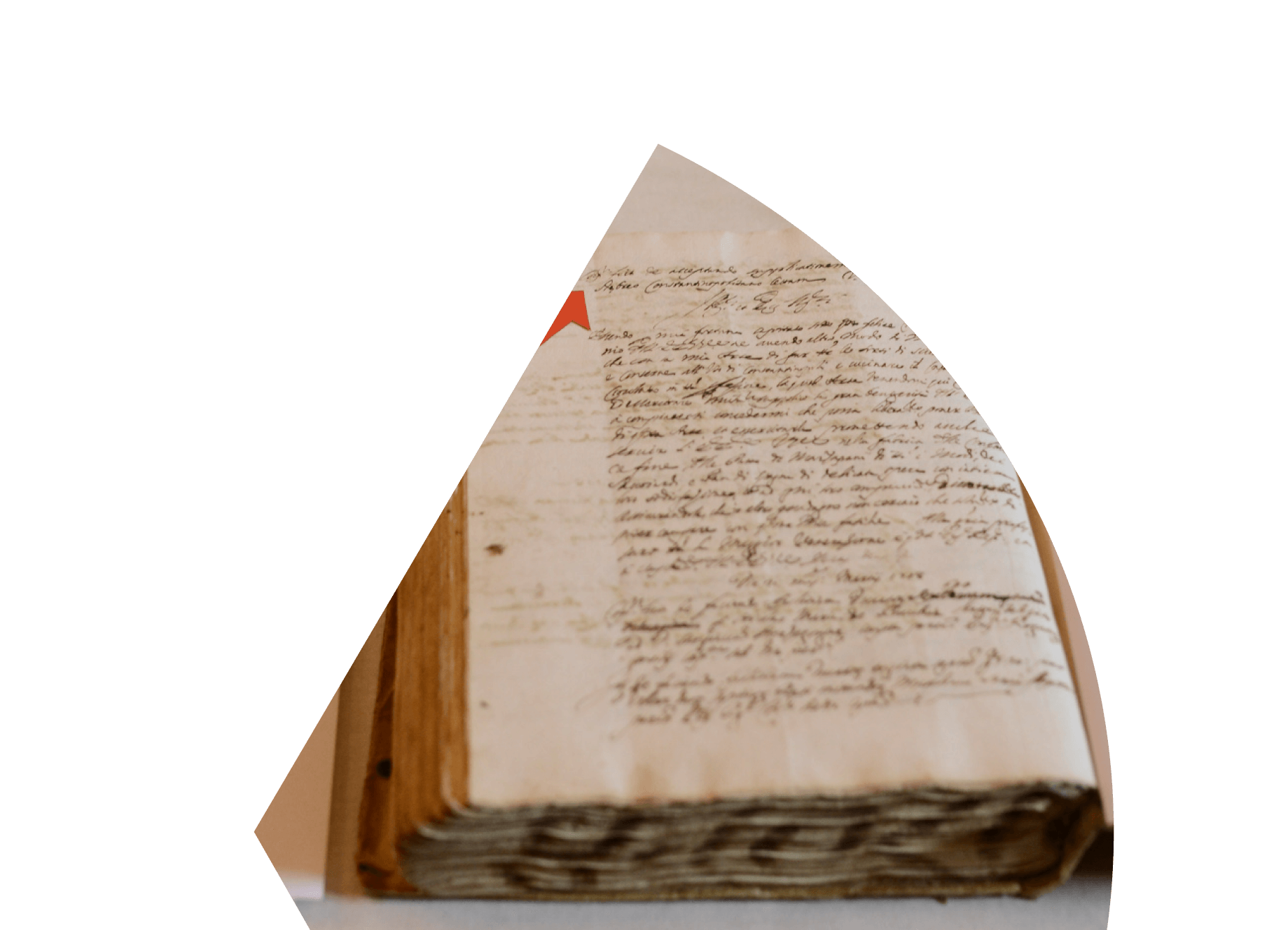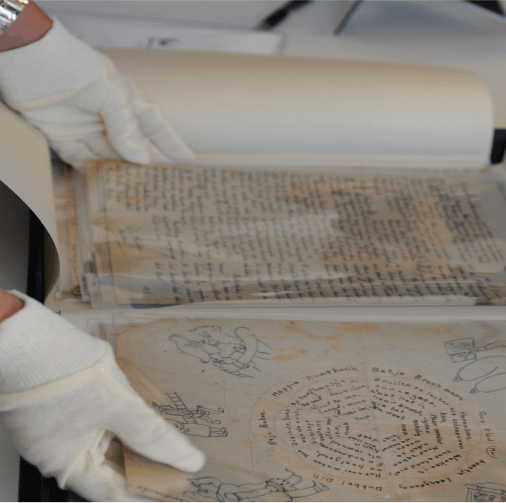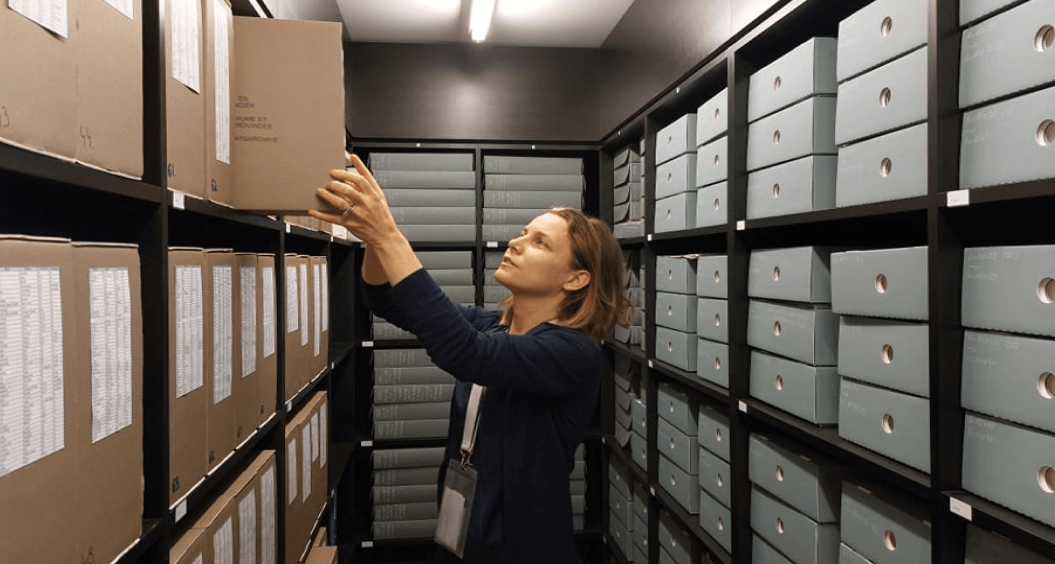Monitoring Access to Holocaust Archives & Collections

Helping ensure full and open access to archival Holocaust collections by increasing awareness, creating a forum for cooperation, and establishing guidelines to help those working in and using archives.
Learn about the Project’s approach and activities.
Launched in 2020, the IHRA’s Monitoring Access to Holocaust Collections Project is addressing:


Ensuring full and open access to Holocaust archives is not a niche issue—it is essential to safeguarding the record of the Holocaust, and creating open and democratic societies.


The Monitoring Access to Holocaust Collections IHRA Project has made building partnerships and strengthening networks central to its approach.
The Project’s work is carried out by an international and interdisciplinary team of experts:
Veerle Vanden Daelen (AWG/Belgium, Project Chair), Micaela Procaccia (MMWG/Italy, Deputy Project Chair), David Matas (Canada), Wesley Fisher (Claims Conference), Margarida Lages (Portugal), Nevena Bajalica (MMWG/Serbia), Rebecca Boehling (USHMM/USA), Anat Bratman-Elhalel (MMWG/Israel), Masha Pollak Rozenberg (AWG/Israel), Naida-Michal Brandl (AWG/Croatia), Haim Gertner (Yad Vashem/Israel), and Michael Hollmann (EBNA/Germany).
The Project is also working closely with the European Holocaust Research Infrastructure (EHRI), the European Board of National Archivists (EBNA), the European Archives Group (EAG), and the International Council of Archives (ICA).
Its work builds off of the Access to Archives IHRA Project, which ran from 2012–2015.